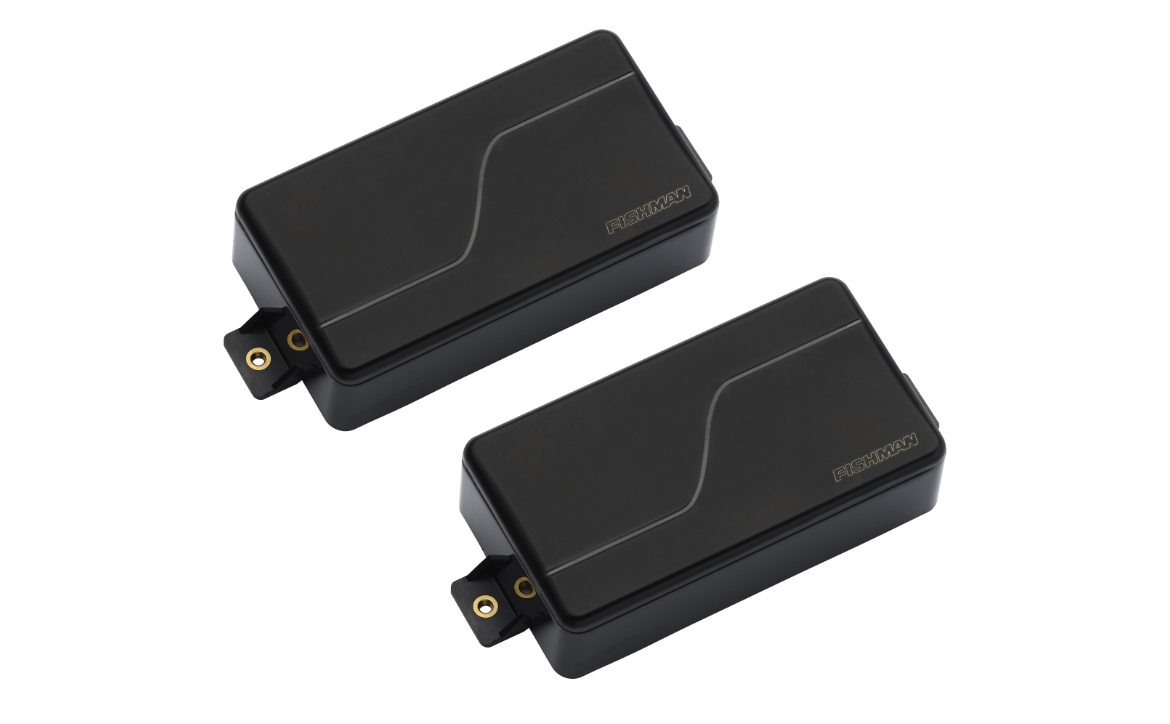Discounts, deals, flash sales, newsletters, and car sales are all prominently all about the internet. You can’t visit a website these days without some deal being shoved in your face. But what do you need to do to get this deal? Give that retailer or brand your email address. NordVPN says that 54% of Americans do give their email address in return for some form of deal or discount.
Estimated reading time: 4 minutes
While giving your email address out may not seem like a massive deal, according to NordVPN; “together with a person’s name and address, scammers and identity thieves can wreak havoc. One of the biggest threats is that scammers can access people’s financial accounts or open new ones, commit fraud under someone else’s name, or even get someone’s tax refund.”
The NordVPN report goes on to say; “In addition to email addresses, Americans also tend to give up their names (51%), likes and dislikes (44%), dates of birth (37%), and phone numbers (30%) – all for a possibility to save a little bit of money.”
While many of these retailers are legit and are simply farming your information to sell you more products in the future, there are some that could be scams. Here are some examples, NordVPN talks about in its report:

- Free gift card scams. Scammers use the lure of “free gift cards,” often as a reward for filling out some sort of phony survey. In order to increase the chances of spam recipients making a bad choice, such free gift cards typically rely on using big, well-known brand names.
- Discount-related scammy text messages. They look something like, “Your bill for January is paid. Thanks, here’s a discount code for the next month,” followed by a suspicious link that you’re expected to click. The goal of such messages is to obtain people’s personal information, which would put them at risk for identity theft.
- “Congratulations, you’re a winner!” emails/pop-ups. Thrilling “winning notification” notices often come with a catch, usually in the form of a fee you must pay in order to claim your “prize.” In other cases, it might require you to fill out a lot of your personal information to redeem the fake gift.
- Fake websites with great discounts. Research shows that 1.5 million fake websites are created every month, and consumers are often lured into scammy websites through fake social media ads. They frequently click a link to a website that isn’t even real.
One way to get around being tracked, at least directly, is to use an email address that is not connected to you in any way for discounts and sales. But frequently, even that can find its way around to you once you have to enter legit information such as payment details, name, and address. It all comes down to how private and secure you want your online information and security. Those discounts and sales may not be worth it.
What do you think of this NordVPN report? Please share your thoughts on any of the social media pages listed below. You can also comment on our MeWe page by joining the MeWe social network. And subscribe to our RUMBLE channel for more trailers and tech videos.
In some of our articles and especially in our reviews, you will find Amazon or other affiliate links. As Amazon Associates, we earn from qualifying purchases. Any other purchases you make through these links often result in a small amount being earned for the site and/or our writers. Techaeris often covers brand press releases. Doing this does not constitute an endorsement of any product or service by Techaeris. We provide the press release information for our audience to be informed and make their own decision on a purchase or not. Only our reviews are an endorsement or lack thereof. For more information, you can read our full disclaimer.










